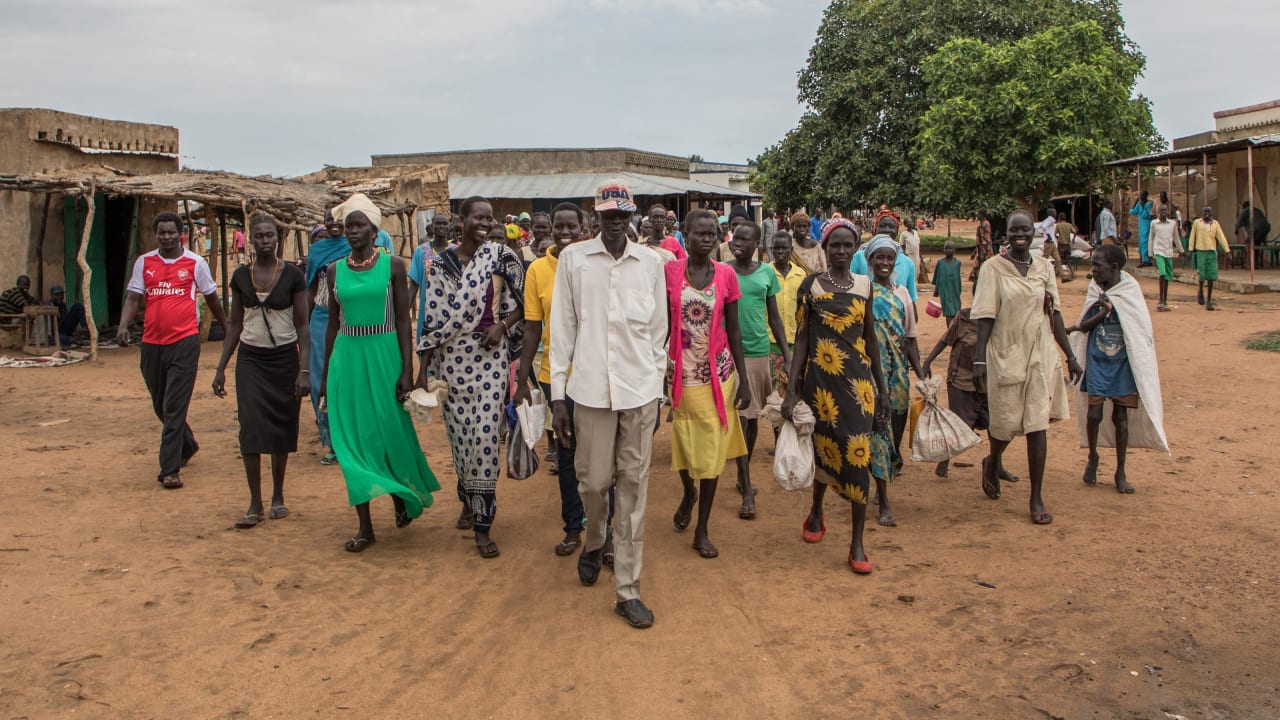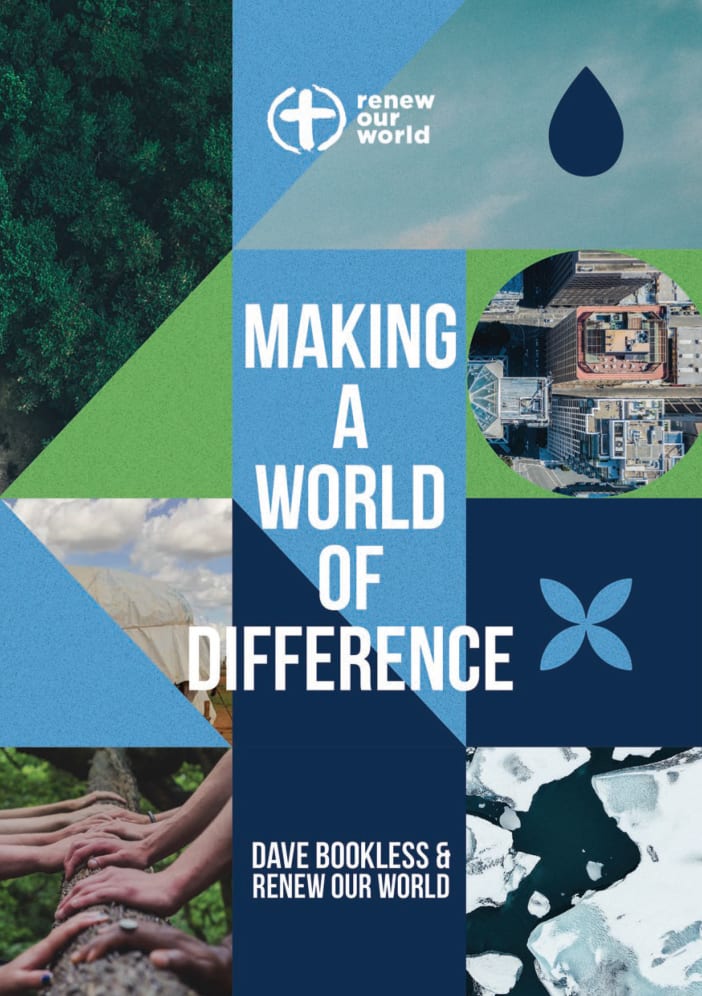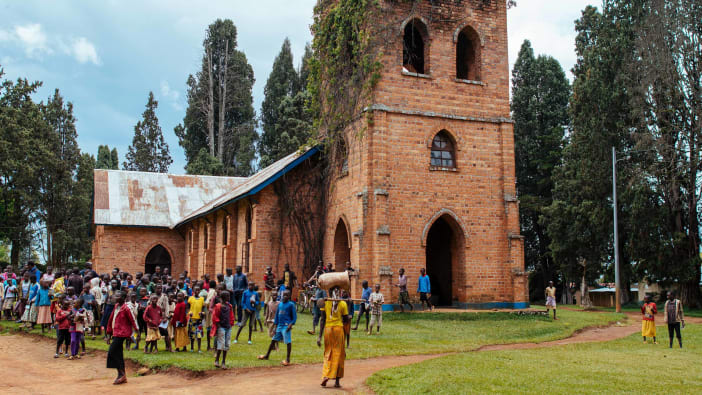How we understand poverty will determine our response to it.
Many, especially in the West, understand poverty as economic poverty. For example, the World Bank defines people in poverty as those living on less than $1.90 a day.
A Biblical perspective on poverty
God’s inherent nature is good. One of the ways this is shown in the Bible is through the central theme of justice and care for the poor in scripture. Consequently, poverty and oppression are symptoms of something fundamentally wrong in the relationship between God and humanity.
The biblical narrative describes an arc of history starting from a life of wholeness in creation (Genesis 1 and 2) that was marred by the Fall (Genesis 3). The consequence was broken relationships – ultimately with God, but also with each other, with ourselves and with the whole of creation. This is shown in the following verses:
- Broken relationship with God: After sinning, Adam and Eve hid from God. ‘Then the man and his wife heard the sound of the LORD God as he was walking in the garden in the cool of the day, and they hid from the LORD God among the trees of the garden.’ (Genesis 3:8)3
- Broken relationship with self: God created men and women in his own image (Genesis 1:26).
- Broken relationship with others: The relationship between Adam and Eve was broken. ‘ “Your desire will be for your husband, and he will rule over you.” ’ (Genesis 3:16) The genuine, natural harmony they enjoyed with one another was ruined and injustice entered the world.
- Broken relationship with the environment: The relationship between humans and the environment was broken. ‘ “Cursed is the ground because of you; through painful toil you will eat food from it all the days of your life.” ’ (Genesis 3:17)








